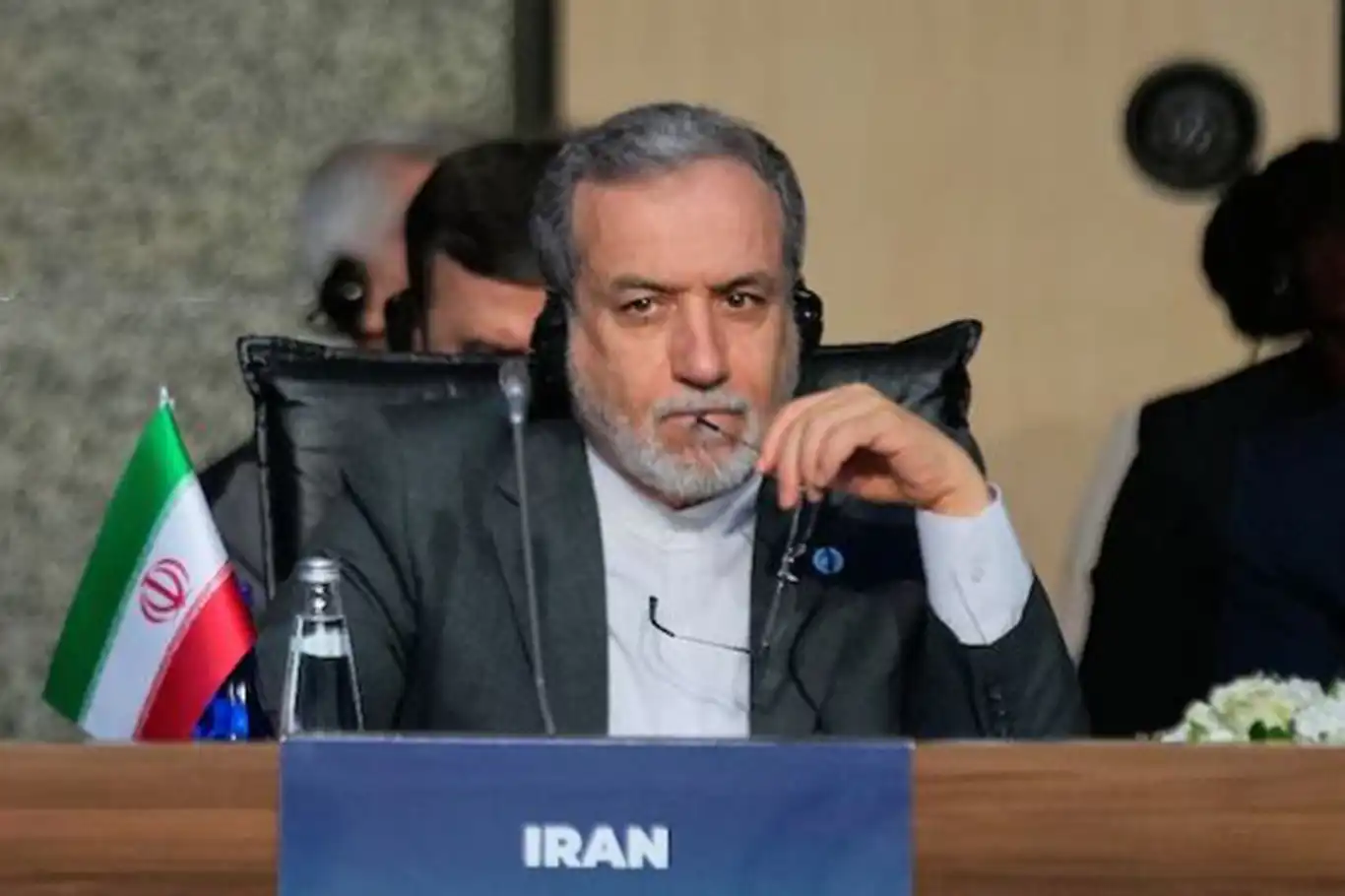Iran draws red lines for return to nuclear talks


Iran’s Foreign Minister Seyyed Abbas Araghchi has affirmed Tehran’s willingness to return to negotiations with the United States, provided the process is grounded in mutual respect, dignity, and a clear cessation of hostile actions, including military aggression.
In an extensive interview with Le Monde published Thursday, Araghchi laid out Iran’s conditions for re-engaging with Washington, emphasizing that the U.S. must first demonstrate a fundamental change in behavior and provide guarantees that it will not target Iranian facilities during diplomatic engagements.
“Diplomatic contacts and exchanges have always been ongoing,” Araghchi noted. “Currently, a diplomatic hotline is being established through friendly countries or intermediaries.”
While reiterating Iran’s long-standing commitment to diplomacy based on logic and mutual understanding, Araghchi underscored the United States' responsibility in disrupting previous dialogue.
“It was the U.S. that broke off negotiations and chose military escalation. For diplomacy to be restored, they must own their actions and shift course meaningfully.”
Iran Demands Compensation for Nuclear Facility Attacks
Araghchi highlighted the recent U.S. and Israeli attacks on Iranian nuclear facilities, warning that these acts have caused serious damage to Iran’s peaceful nuclear program and that Tehran reserves the right to demand compensation.
“It is our right to request compensation for the consequences of these actions,” he said. “Destroying a peaceful nuclear program that serves energy, medical, agricultural, and scientific goals is a grave miscalculation.”
The foreign minister noted that Iran’s nuclear program remains under the close scrutiny of the International Atomic Energy Agency (IAEA) and has been consistently found to be in full compliance with non-proliferation obligations. He criticized the international silence in the wake of attacks on IAEA-monitored sites.
“The true damage lies in the impact on the international non-proliferation regime. Attacking facilities under IAEA supervision, and failing to condemn such aggression, is an attack on the very foundations of international law,” he stated.
Escalating Regional Tensions
The recent spike in hostilities followed a June 13 Israeli airstrike that resulted in the assassination of several high-ranking Iranian military and nuclear scientists—a move described by Tehran as a blatant and unprovoked act of aggression.
On June 22, the situation worsened as the United States joined the aggression, launching coordinated strikes on three Iranian nuclear facilities in a move Tehran said violated both the UN Charter and the Nuclear Non-Proliferation Treaty (NPT).
Despite the escalation, Israel abruptly halted its military campaign on June 24, with U.S. President Donald Trump announcing a unilateral ceasefire on behalf of Tel Aviv—further reflecting the influence and alignment between the two allies in actions against Iran.
Warning to Europe Over Sanctions Mechanism
Araghchi also addressed European efforts to activate the sanctions mechanism under the 2015 Joint Comprehensive Plan of Action (JCPOA), warning that such a move would be interpreted as a hostile act, equivalent to a military strike, and would eliminate Europe’s relevance in any future negotiations over Iran’s nuclear program.
“Any attempt by the European trio to revive the sanctions mechanism will only undermine their diplomatic credibility,” he warned.
A Call for Responsibility
Araghchi concluded by asserting that Iran remains committed to diplomacy, but that the path forward requires concrete steps from Washington and its allies. Sanctions, military threats, and unilateral measures, he emphasized, will only sabotage chances for peace.
“The will of the Iranian nation and the achievements of its scientists cannot be erased by bombs or threats. For diplomacy to succeed, it must be met with sincerity—not aggression.”
As tensions remain high in the region, Tehran’s call for accountability, respect, and lawful conduct may prove to be the final test for any hope of restoring dialogue between Iran and the West. (ILKHA)
LEGAL WARNING: All rights of the published news, photos and videos are reserved by İlke Haber Ajansı Basın Yayın San. Trade A.Ş. Under no circumstances can all or part of the news, photos and videos be used without a written contract or subscription.
UNRWA Commissioner-General Philippe Lazzarini has issued a grave warning over the humanitarian catastrophe unfolding in Gaza, describing the current aid blockade as a “deadly scam” that is deepening collective punishment and starvation among Palestinians.
UNRWA Commissioner-General Philippe Lazzarini has issued a grave warning over the humanitarian catastrophe unfolding in Gaza, describing the current aid blockade as a “deadly scam” that is deepening collective punishment and starvation among Palestinians.
At least 67 Palestinians were martyred and over 255 others injured in a series of intense Israeli air and ground assaults across the Gaza Strip since dawn on Saturday, medical sources in Gaza hospitals reported.
The United Nations Children’s Fund (UNICEF) has sounded the alarm over the horrific toll of Israel’s ongoing genocidal assault on Gaza, revealing that an average of 27 Palestinian children are being killed every single day by Israeli occupation forces.